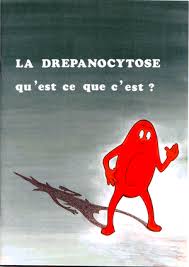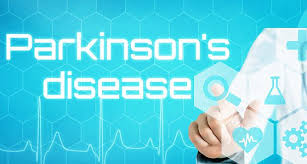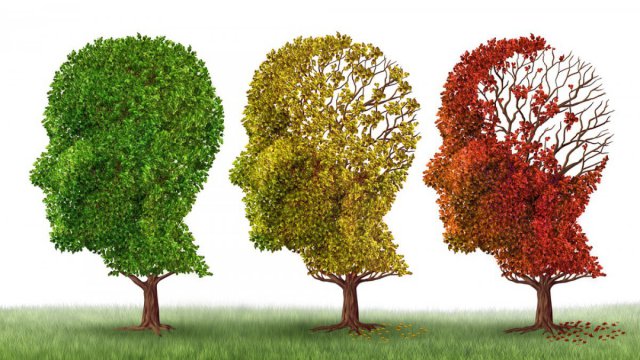- Votre santé, notre crédo !
- + 33 (0)1.45.10.18.04
- + 33 (0)7.66.12.97.17
- contact@evadeopro.fr
ALZHEIMER
30 août 2019Parkinson’s disease
4 octobre 2019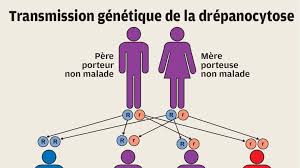
Sickle cell disease was recognized by the United Nations in 2008 as a public health priority. It is estimated that 4.4 million people worldwide are affected by the disease (2015 figure, study published in The Lancet). An unknown disease that affects 300,000 newborns in Africa every year. The number of victims could increase in the coming years because, according to the World Health Organization (WHO), between 10% and 40% of the population of sub-Saharan Africa is a carrier of a sickle cell gene and for a baby to be a carrier, it is sufficient for each parent to transmit the mutated gene. This means that parents who are healthy carriers of the gene have a 25% risk of having an affected child.
It is a genetic disease that is explained by the loss of the deformability capacity of the red blood cells that block the blood circulation and it is a public health problem because it affects all continents.
His diagnosis is based on a blood sample that reveals the presence of red blood cells in the shape of a sickle. It should be noted that it is possible to diagnose sickle cell disease in newborns before the onset of the first complications. This screening exists when at least one parent is from the regions of the world affected by the disease. A blood sample from the newborn is taken on the 3rd day of life in the maternity ward by a simple injection in the heel. This allows preventive measures to be put in place as soon as possible to prevent infectious complications, including antibiotic treatment and special attention to vaccinations.
One molecule, hydroxyurea, is responsible for a 70% drop in mortality among affected children living in Africa, as shown in a study published in the New England Journal of Medicine in 2018. Another advantage is that hydroxyurea greatly reduces pain – which solves the problem of almost impossible access to morphine. But, to treat the infected population more broadly, the Drep Afrique association has estimated that it would « require 500 million dollars per year » to produce this molecule, underlines Professor Jean-Benoit Arlet, head of the National Reference Centre for sickle cell disease at the Georges-Pompidou European Hospital in Paris and coordinator of the scientific committee of the Drep Afrique association.
EVADEO PRO in partnership with the European hospital Georges-Pompidou, as well as many specialists, is able to assist you in the diagnosis of this pathology. We assist you in your care journey as part of a complete health check-up, a health assessment or a medical stay.
And because Evadeô Pro appears as the leader in medical tourism in France, we also offer you to enhance your stay by selecting among our services at a preferential price, those that correspond to your desires or your needs…
Ask to be called back, or contact us by phone or email to tell us your needs; our team will do the rest!
Evadêo Pro – Leader in healthcare stays and medical tourism in France.
